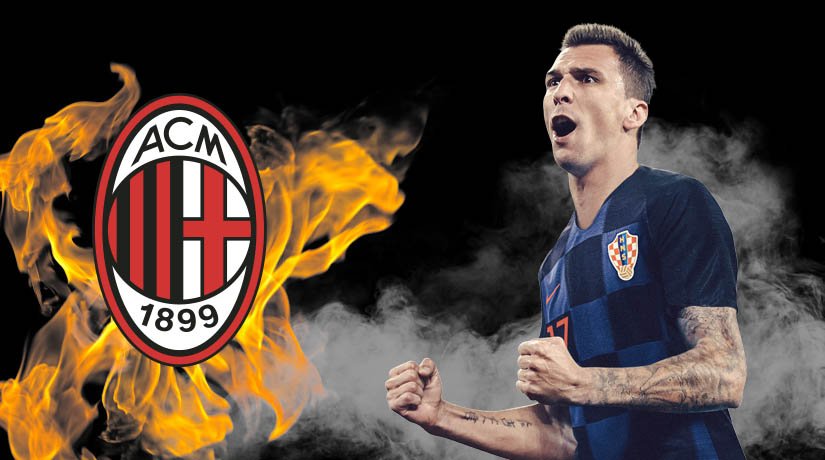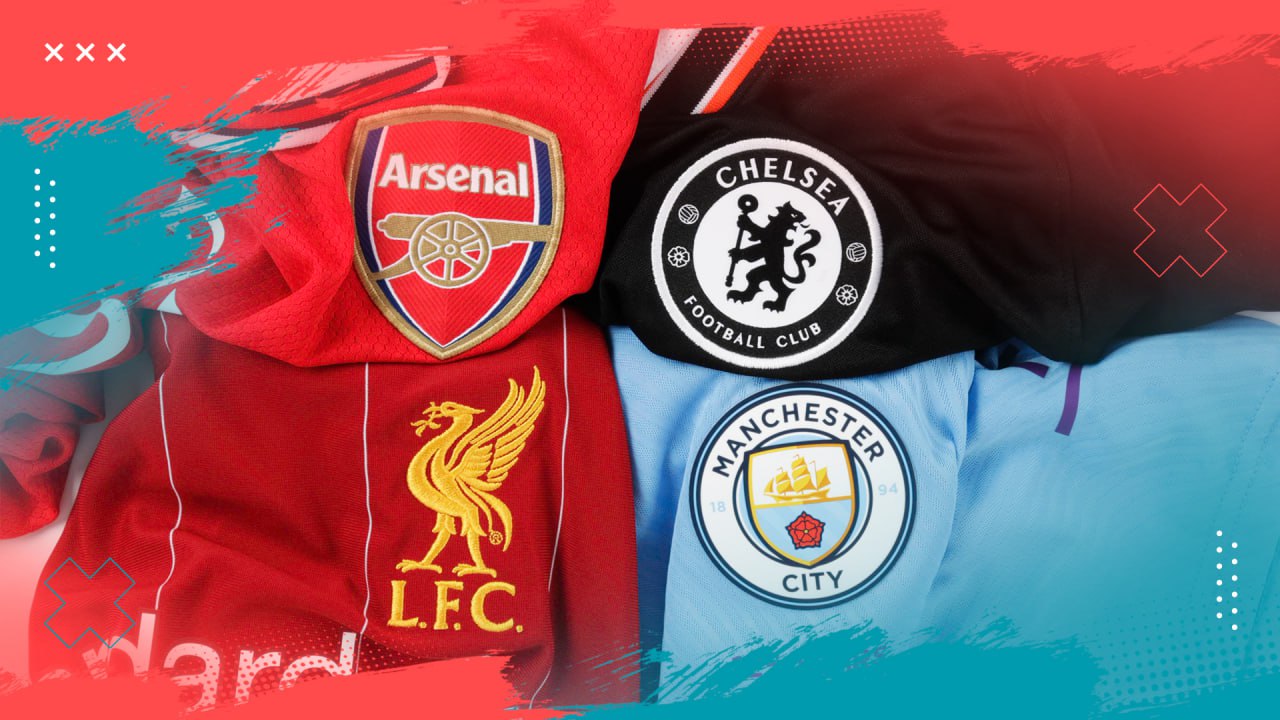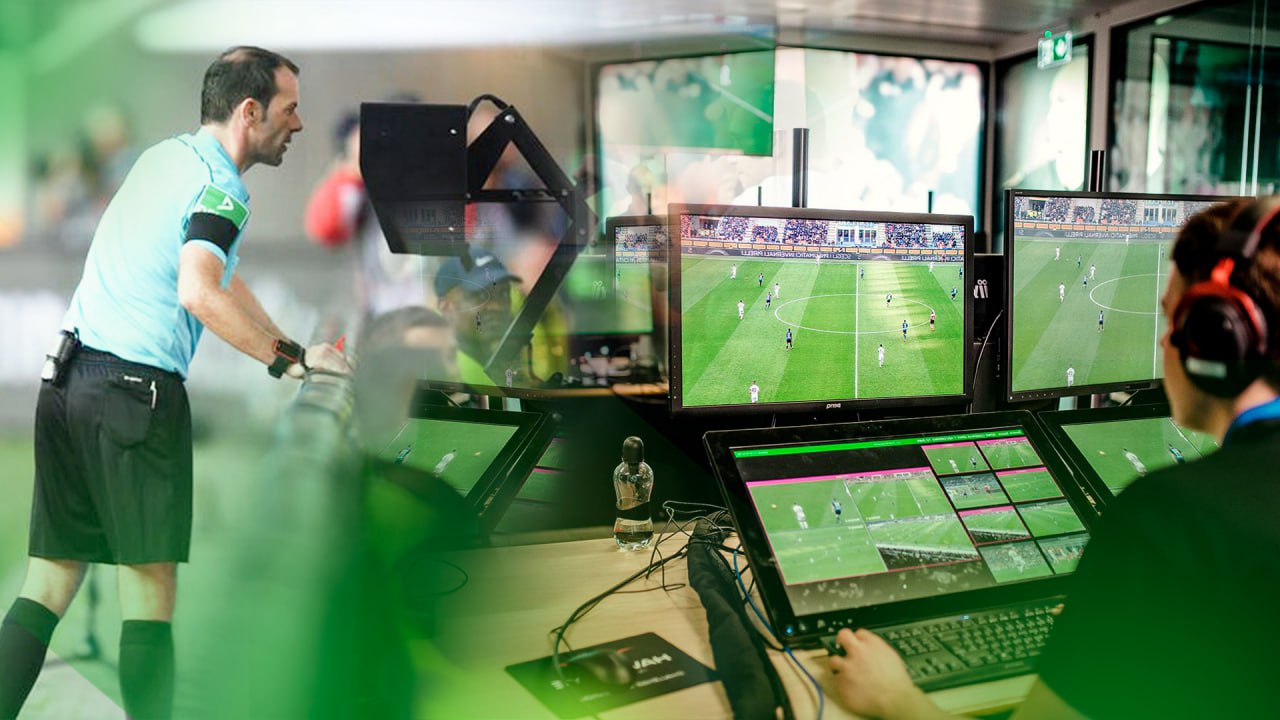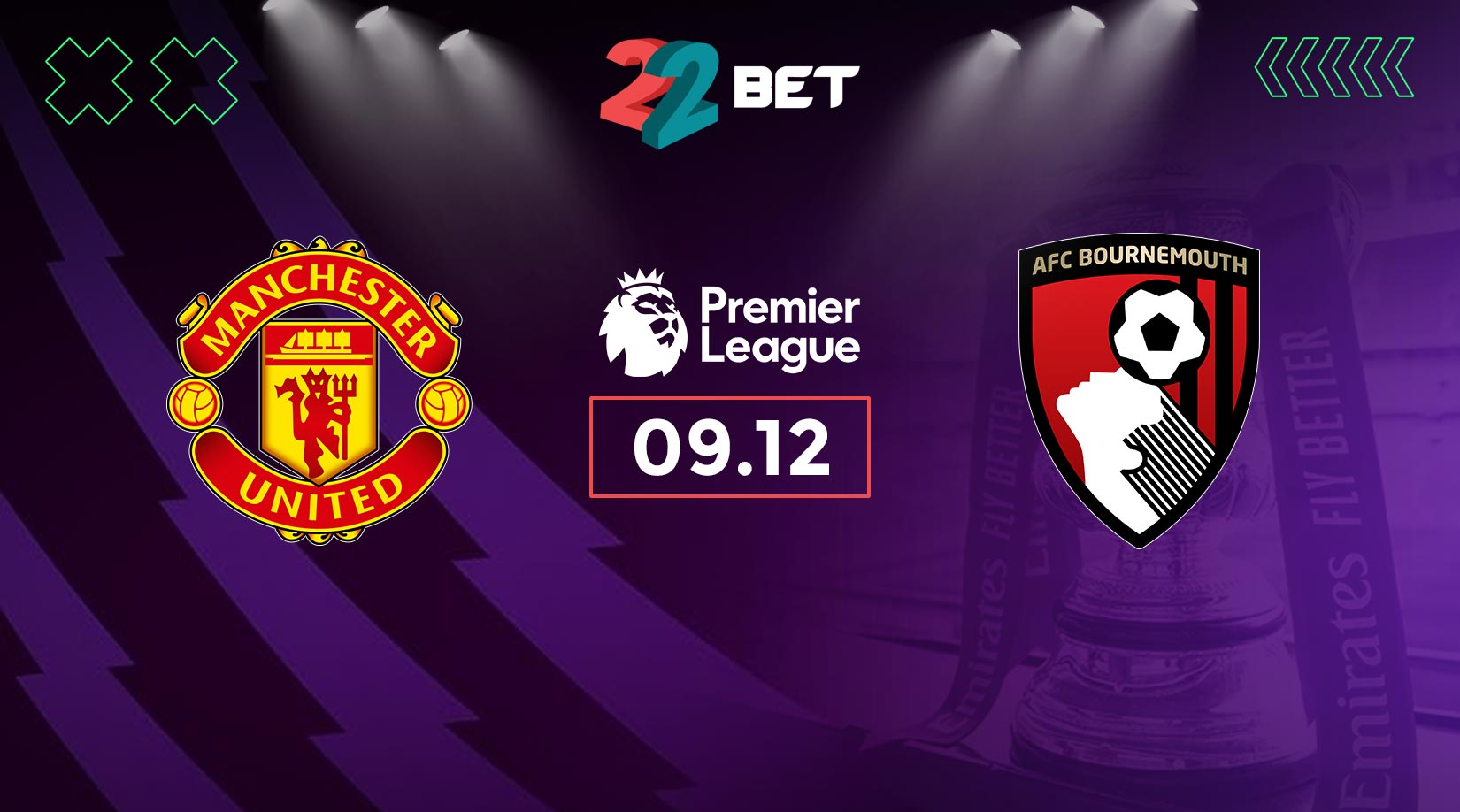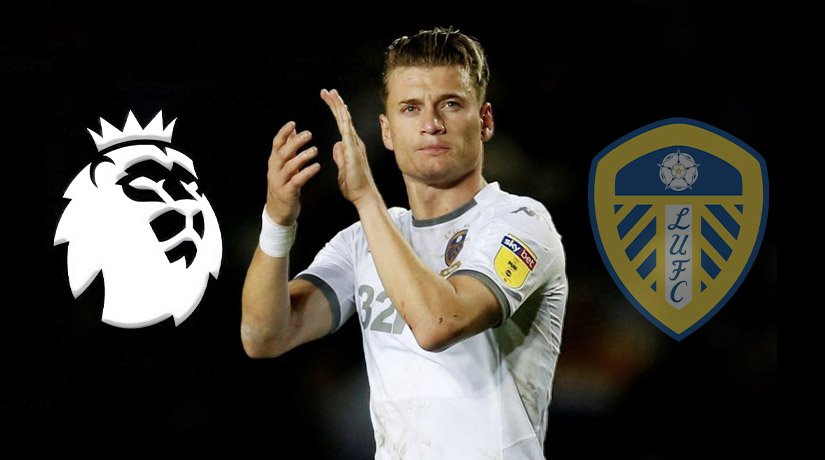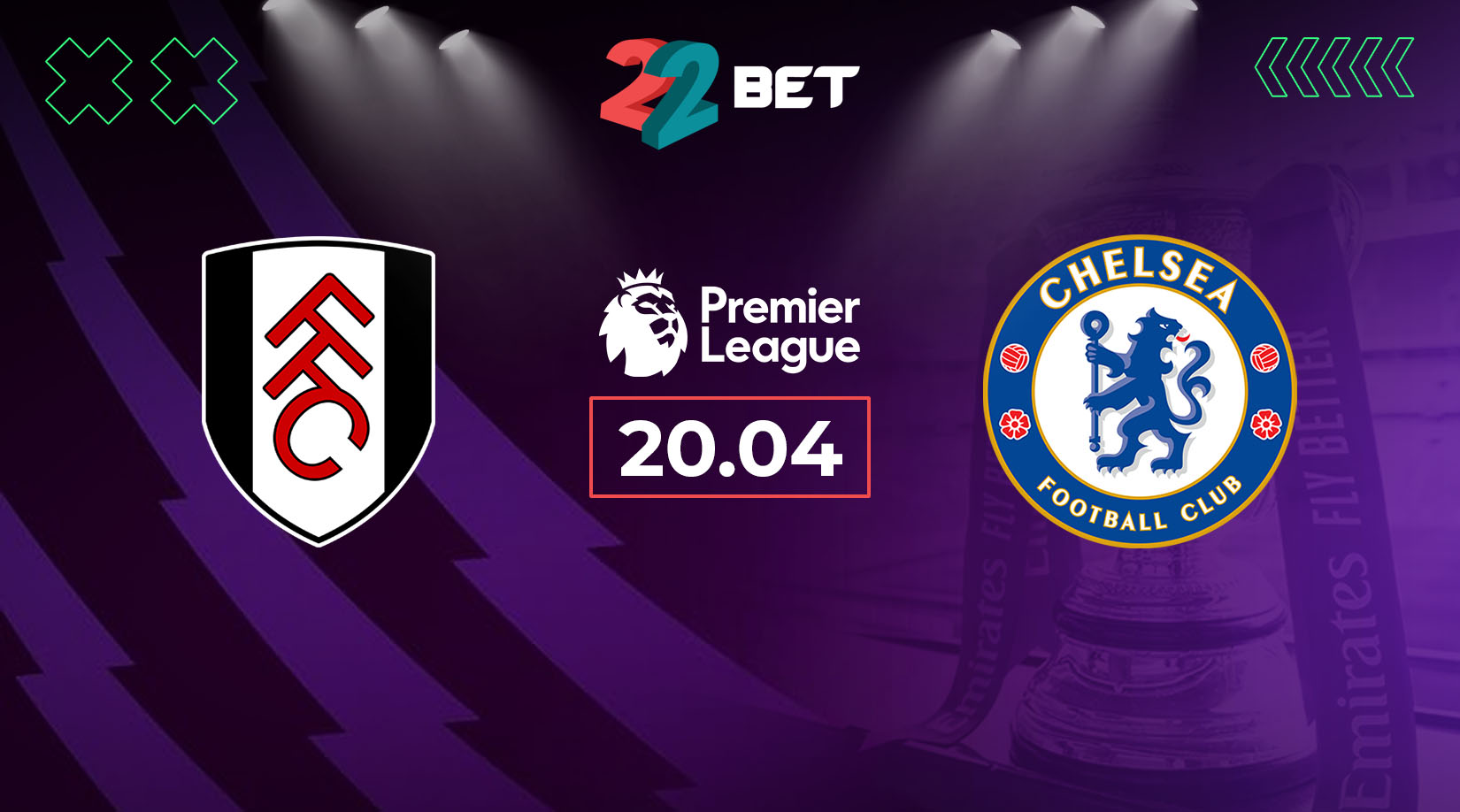One of the most underrated elements of football is defending. But the truth is, a good defence leads to many more victories than a loose defence. By any means, a defender in football is a key figure. Today, let’s break down all there is to the position and see why and how it is relevant.
Roles in Defense and Their Impact on a Game
There are several roles in defence in football, and they go as follows:
- Goalkeeper: The goalkeeper plays a pivotal role as the team’s last line of defence. They are the shield that stands between the opposition and the goal, tasked with catching or blocking shots using their hands. Moreover, they lead the defence and shout commands to organise the backline.
- Centre-Backs: They are the bulwark of the defence, positioned in the middle to thwart the opposition’s attacking moves. They use their strength and cunning to stop the opposing team from penetrating the defence and finding the back of the net. Their expert tackling and interception skills make it challenging for the opponents to create chances and dominate the game.
- Full-Backs: They’re the guardians of the broad areas of the field. They cover the flanks and defend against the opposition’s wingers while providing the team with attacking impetus. They launch overlapping runs and whip crosses into the penalty area, adding more firepower to the team’s offensive play. They have to be defensively astute and attack-minded to execute their role flawlessly.
- Defensive Midfielders: Such players sit in front of the defence and act as a pivot for the team. They are the enforcers tasked with breaking up the opposition’s attacking play and winning back possession. Their robust tackling and interception skills are vital for snuffing out danger and starting attacks. They are the engine that drives the team forward in defence and attack.
- Wing-Backs: They’re the flying machines of the team, providing extra width and attacking options. They play in a more advanced position than full-backs and are responsible for defending and attacking the flanks. They support the team’s offensive play by launching overlapping runs and crossing the ball into the box. However, they must also be aware of their defensive duties and avoid leaving gaps behind them.
Now that you know how does defence lines up in football, let’s get a bit deeper into this specific role in the sport.
Background of the Role
The role of defence in football has been an integral part of the game since its inception. Let’s take a look into the meaning of “defence” in football. In the early days of football, there were no defined positions, and players often switched between attacking and defensive roles. However, as the game evolved, teams began to specialise their players into specific functions, including the defence.
The importance of a strong defence cannot be overstated in football. As the saying goes, “offence wins games, but defence wins championships.” A solid defence can help a team to maintain its lead and secure its position in the game.
The origins of the defence role can be traced back to the early days of football, where players would use their strength and physicality to protect their side of the field. Over time, the defence evolved into a more strategy-oriented and tactical role, with players using their intelligence, positioning, and expert skills to stop the opposing team from scoring goals.
In modern football, the defence typically comprises the goalkeeper, centre-backs, full-backs, and defensive midfielders. Each position has a specific role, with the defence working as a unit to stop the opposition from getting an opportunity to score goals.
How Defence in Modern Football Has Changed
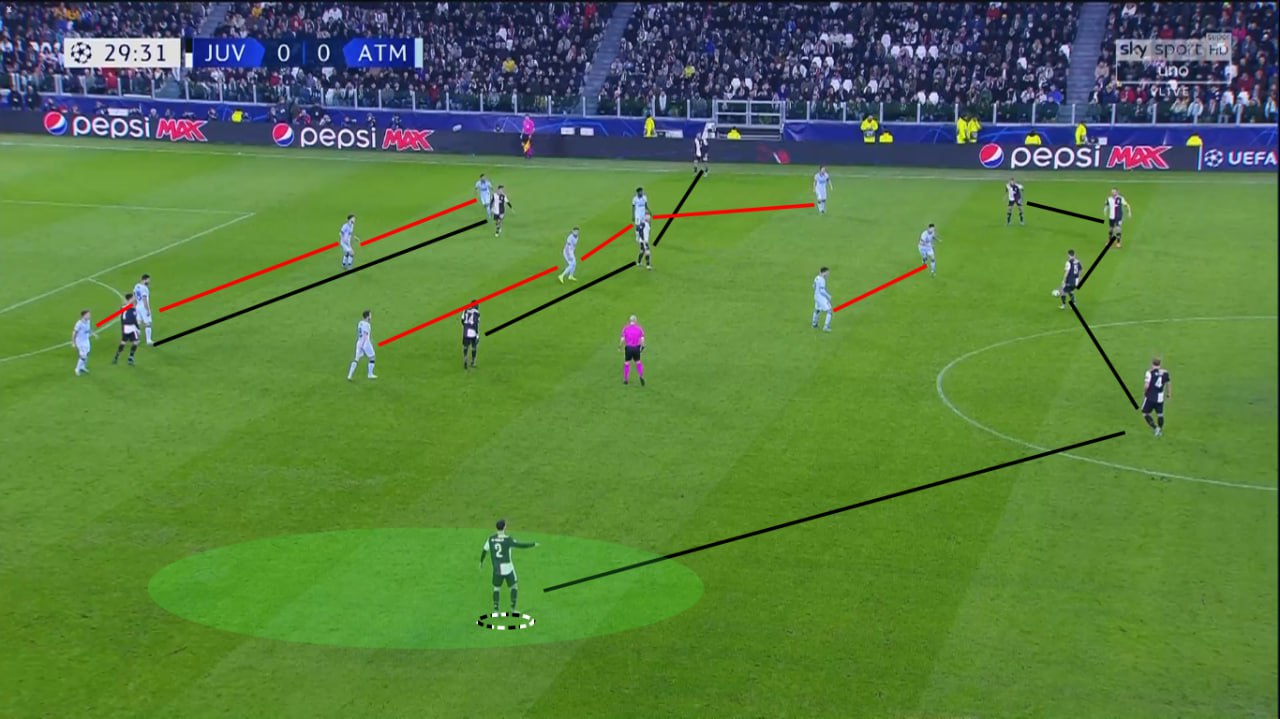
In modern football, defensive tactics have significantly changed and evolved to become more sophisticated and strategy-oriented. The days of solely relying on physicality and brute force to stop opponents are long gone. Instead, coaches and teams employ various tactics to defend effectively while maintaining their attacking potential.
One of the most notable changes in modern defensive tactics is the use of pressing. Teams now often use the press high up the pitch defence method in football, disrupting the opposition’s build-up play and winning the ball back in dangerous areas. The offside trap is another tactic that has become more popular recently, with defenders playing a high line and timing their movements to catch attackers offside.
The use of wing-backs and full-backs has also evolved, with these players now playing a crucial role in defence and attack. They provide width to the team and launch overlapping runs, often leading to goal-scoring opportunities. Additionally, teams now employ more fluid formations, with a player switching between defensive and attacking roles, ensuring the defence remains solid while still contributing to the attack.
Modern defensive tactics are more varied and nuanced than ever, allowing teams to defend effectively while still playing attractive football. As the game evolves, we can expect further innovations in defensive tactics to emerge.
Notable Defenders in Football
To become one of the best footballers in defence, players require immense dedication, training, skills, knowledge of techniques and tricks, and more. We recently made a selection of the top scorers in the Premier League, but unlike offensive players it is hard to pinpoint all the great players worthy of the world’s best football defender title. The most noteworthy individuals who have claimed recognition for being the best defender in football during their careers include the following greats:
- Franz Beckenbauer – Germany
- Paolo Maldini – Italy
- Franco Baresi – Italy
- Roberto Carlos – Brazil
- Carlos Alberto – Brazil
- Lilian Thuram – France
- Fabio Cannavaro – Italy
- Thiago Silva – Brazil
- Virgil van Dijk – Netherlands
- Sergio Ramos – Spain
- Giuseppe Bergomi – Italy
- Franco Causio – Italy
- Berti Vogts – Germany
- Philipp Lahm – Germany
- Nemanja Vidic – Serbia
- Rio Ferdinand – England
- Javier Zanetti – Argentina
- Ashley Cole – England
- Dani Alves – Brazil
- Cafu – Brazil
From the angle of a tackle to the synergy in their game, these players have been unbeatable in defence. The names in our list had an excellent track record too. They were known for following rules and completing the highest number of successful tackles and reasons across several fixtures. Often, defence is downplayed, but these players showed the world how it is a pivot to turn the result of a game around.
Conclusion
Defence in football is truly a unique position. Top defenders have quite frequently helped improve their team rankings by preventing goals. That’s why in today’s world, a defender’s rating also matters as much as an attacker’s. Overall, football is becoming more of a team sport and less of a sport where only individual players shine!
FAQ
What are tips for a good defence strategy?
Three of the most critical defence strategy hints are:
- Communication: Defenders need to constantly communicate with each other to ensure that the defensive line remains organised and impenetrable.
- Anticipation and positioning: A good defence strategy involves anticipating the opposition’s moves and positioning oneself accordingly to block potential attacks.
- Tackling and interception skills: Defenders must be adept at tackling and intercepting passes to win back possession and prevent the opposition from creating goal-scoring opportunities.
What are the defence position acronyms in football?
The acronyms of different defensive positions in football are as follows:
- CB – Centre-back.
- LB – Left-back.
- RB – Right-back.
- LWB – Left-wing-back.
- RWB – Right-wing-back.
- DM – Defensive midfielder.
- CB/LB – Centre-back/Left-back (hybrid position).
- CB/RB – Centre-back/Right-back (hybrid position).
- CB/DM – Centre-back/Defensive midfielder (hybrid position).





